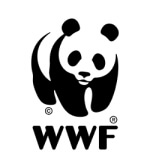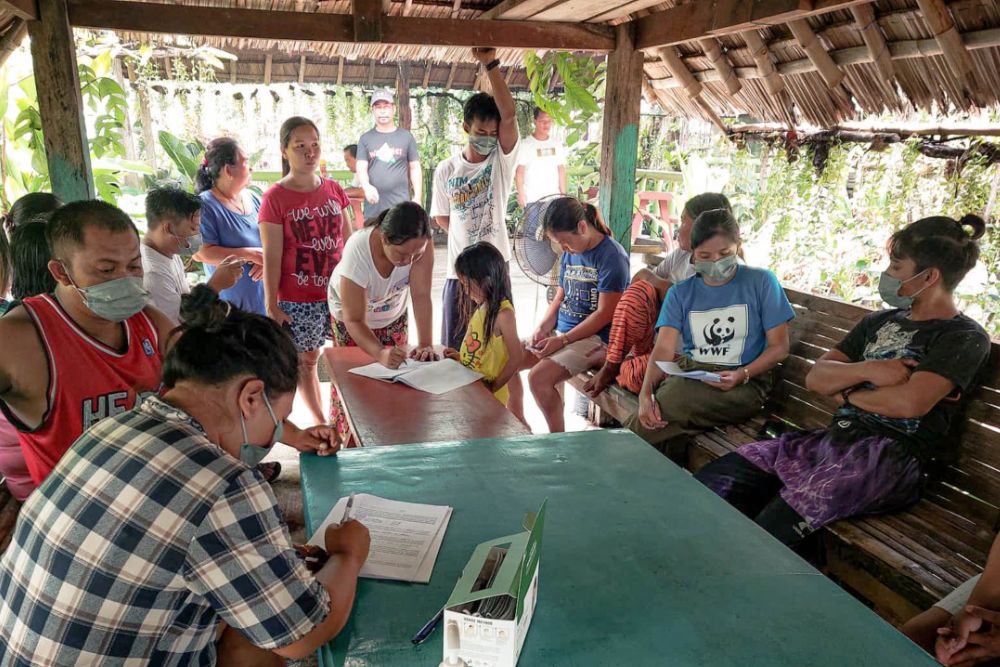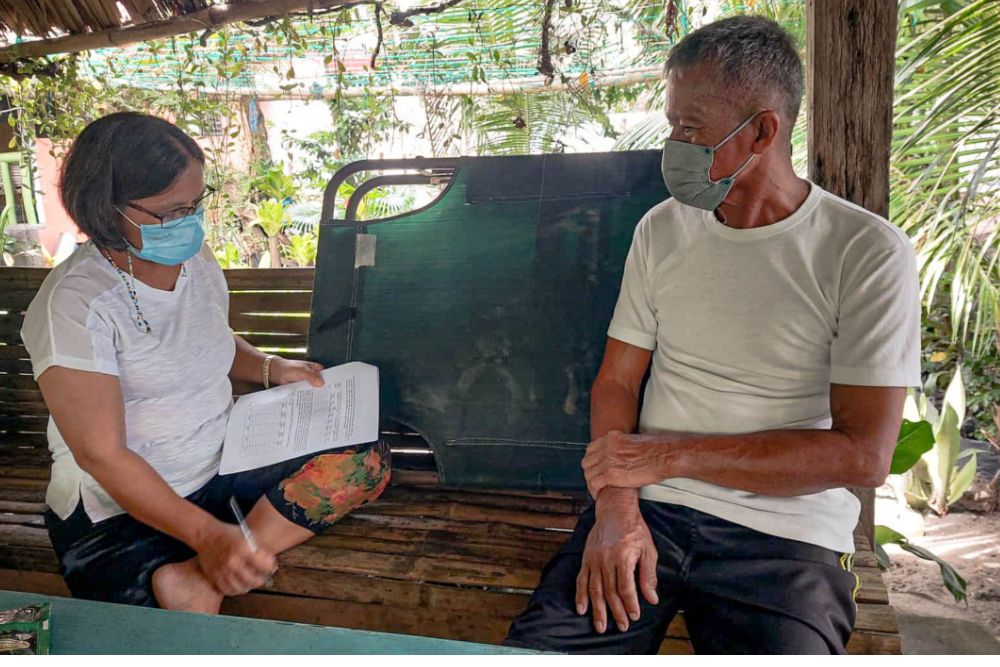A new study being conducted by the World Wide Fund for Nature Philippines’ (WWF-Philippines) Sustainable Tuna Partnership 2 (STP 2) team is exploring ways to encourage fisherfolk to renew their fishing licenses.
Having fishers registered and licensed can be helpful towards managing fisheries, as it allows local government units (LGUs) to keep track of which fishers are authorized to operate under their jurisdiction. By having records of licensed fisherfolk, LGUs can regulate the number of fishers operating within their municipal waters.
While the Philippines Fisheries Code requires fishers to be registered, each LGU has its own policies and guidelines on fisherfolk licensing.
Among the Tuna Fisher Associations WWF-Philippines works with, only 64% of fishers have renewed their licenses. The STP 2 team hopes to have at least 80% of fishers renew their licenses by the year 2024.
“There are many hurdles that keep fishers from complying with licensing and registration laws. If we want fishers to comply, we have to first understand these hurdles, and to find ways to overcome them,” said WWF-Philippines Field Operation Manager Marietta Calacal.
A pilot research survey was tested with fisherfolk from Mamburao and Sablayan, Mindoro, between the 14th and 20th of July. 20 tuna fishers were interviewed as part of the survey tool testing. The tool was created together with Dr. Raul Bradecina, a fisheries expert and SUC President II of Partido State University.
The research survey will be adjusted according to results from the pilot test, to ensure the study is as comprehensive as possible. The study proper is slated to begin in August of 2022.
“We do what we can to meet our partner fishers halfway and to understand their problems. That way we can strive to address those problems, so that they may help us in our work towards sustainable fisheries,” said STP 2 Program Manager Joann Binondo.
WWF-Philippines will be rolling out a campaign based on these results, encouraging fisherfolk to comply with licensing and registration laws.




